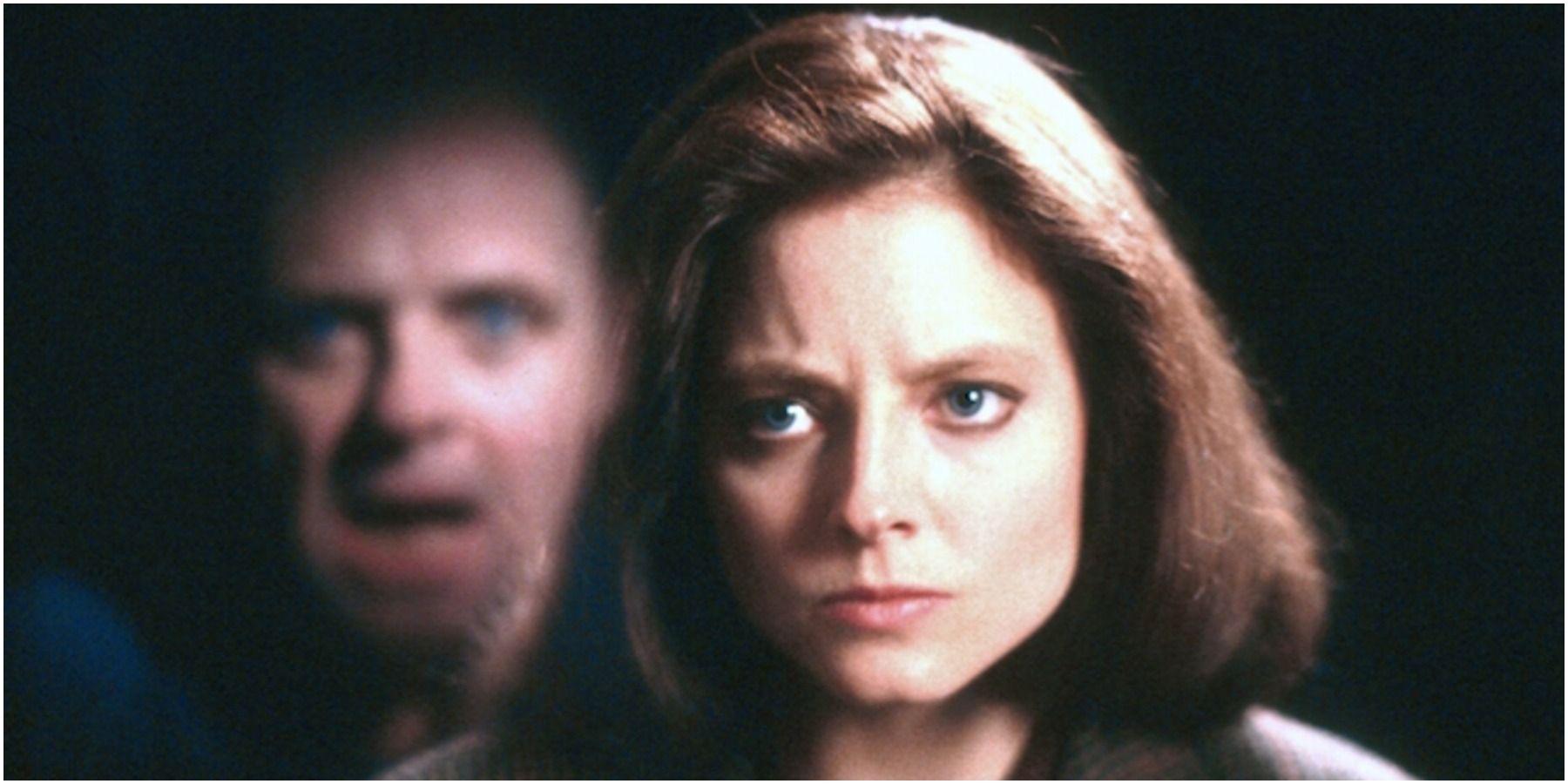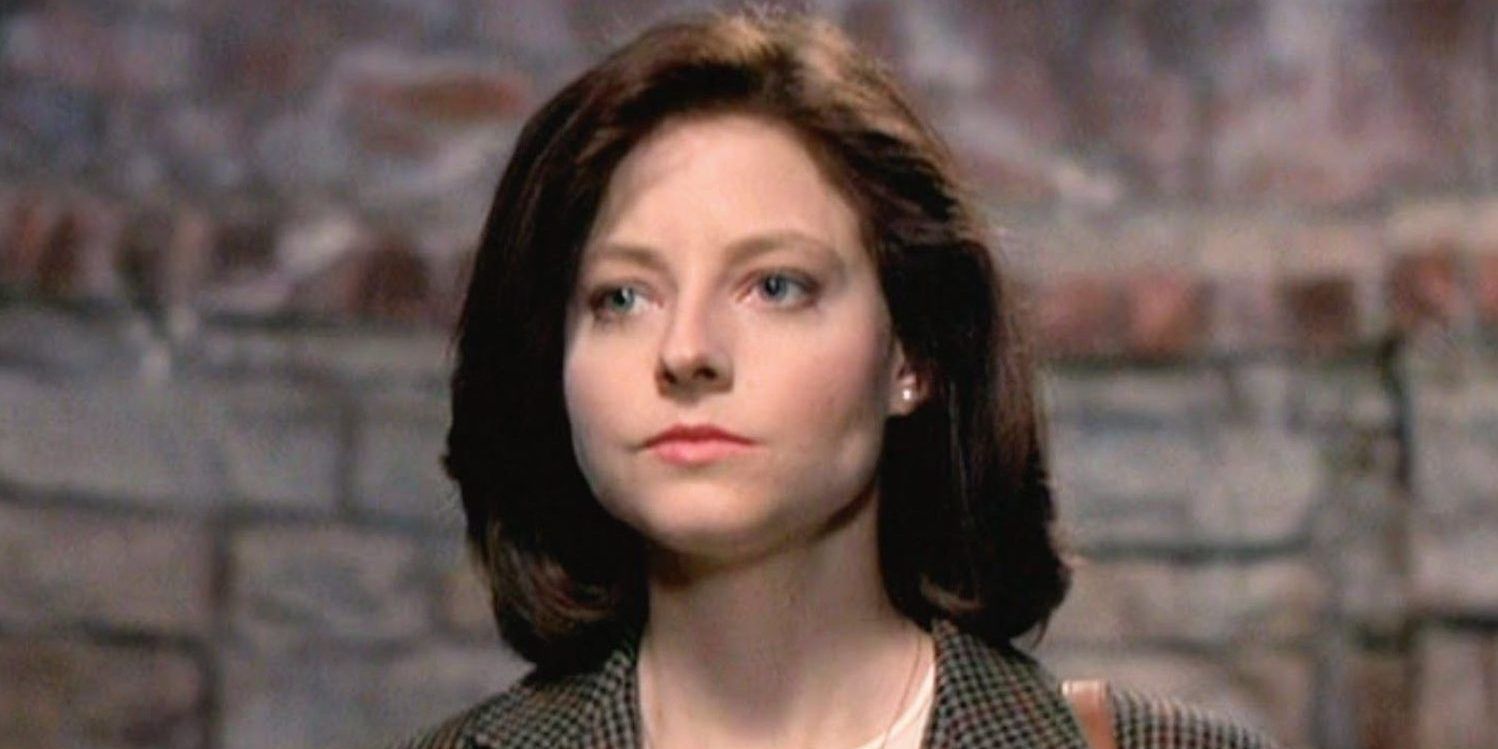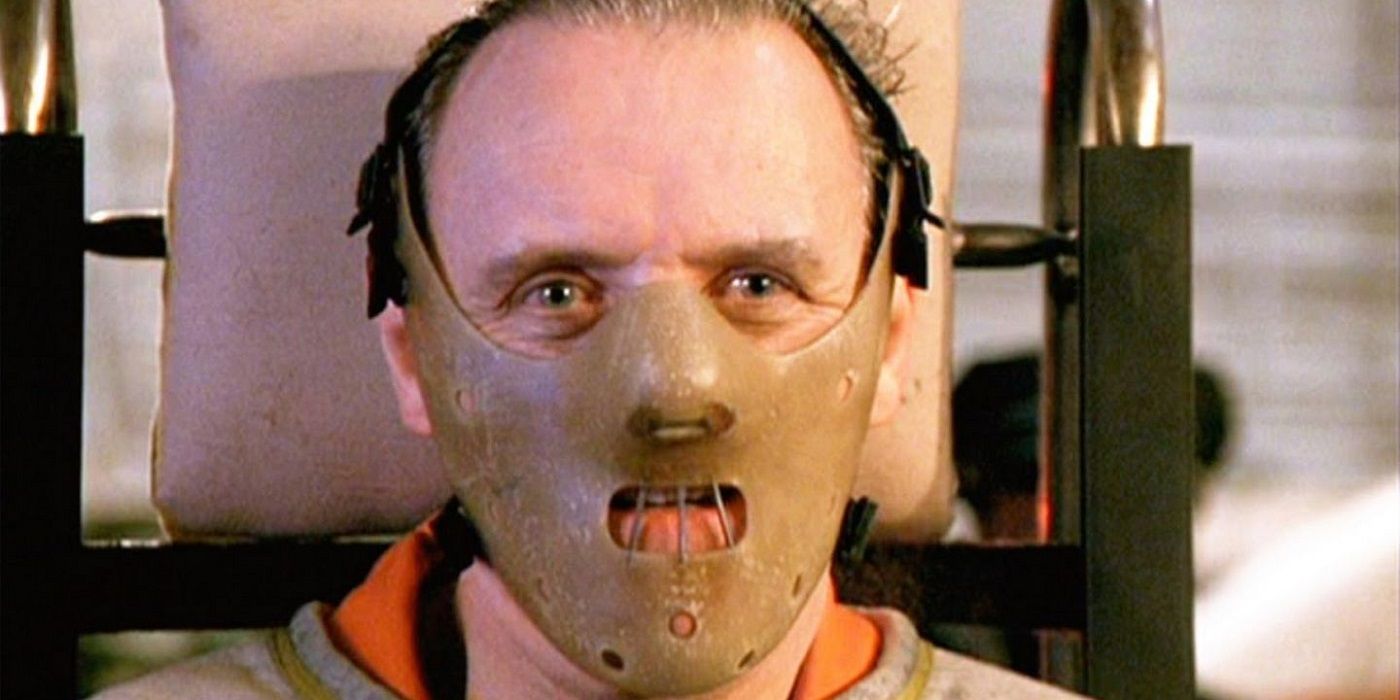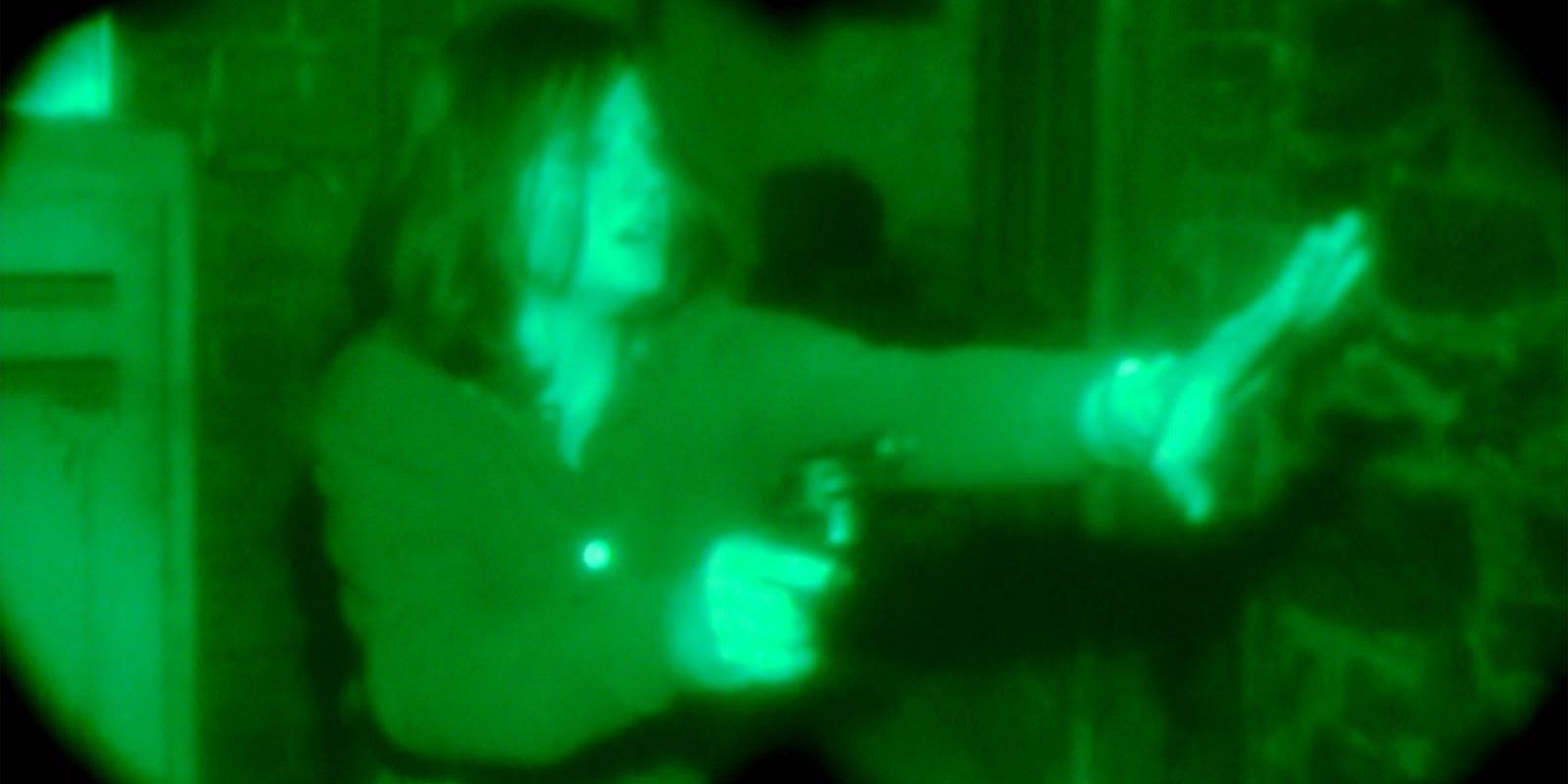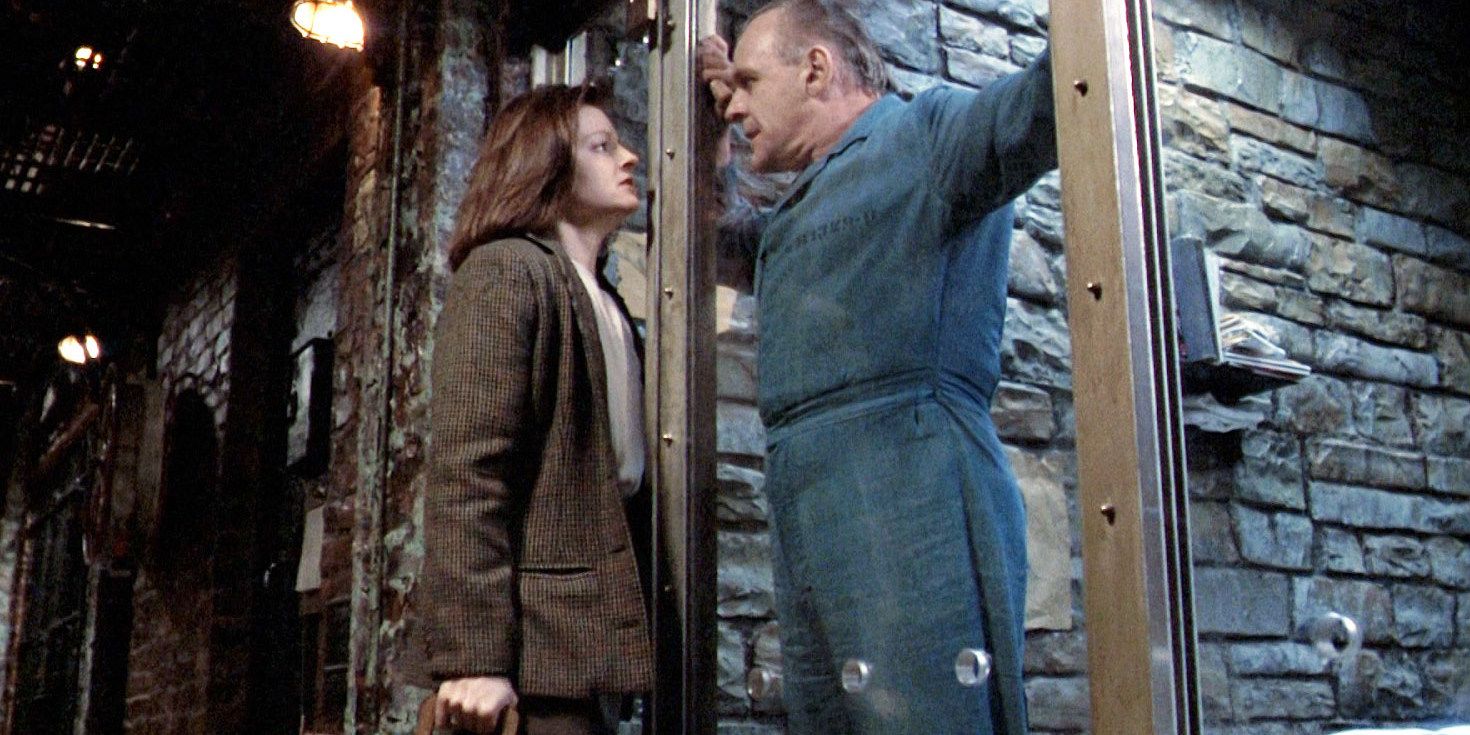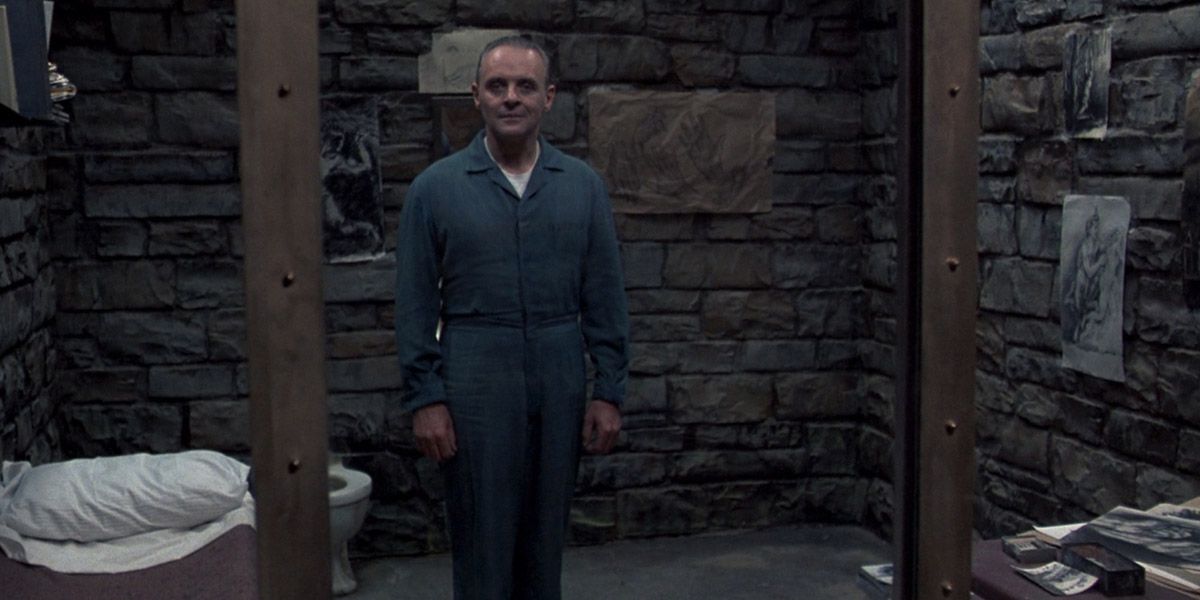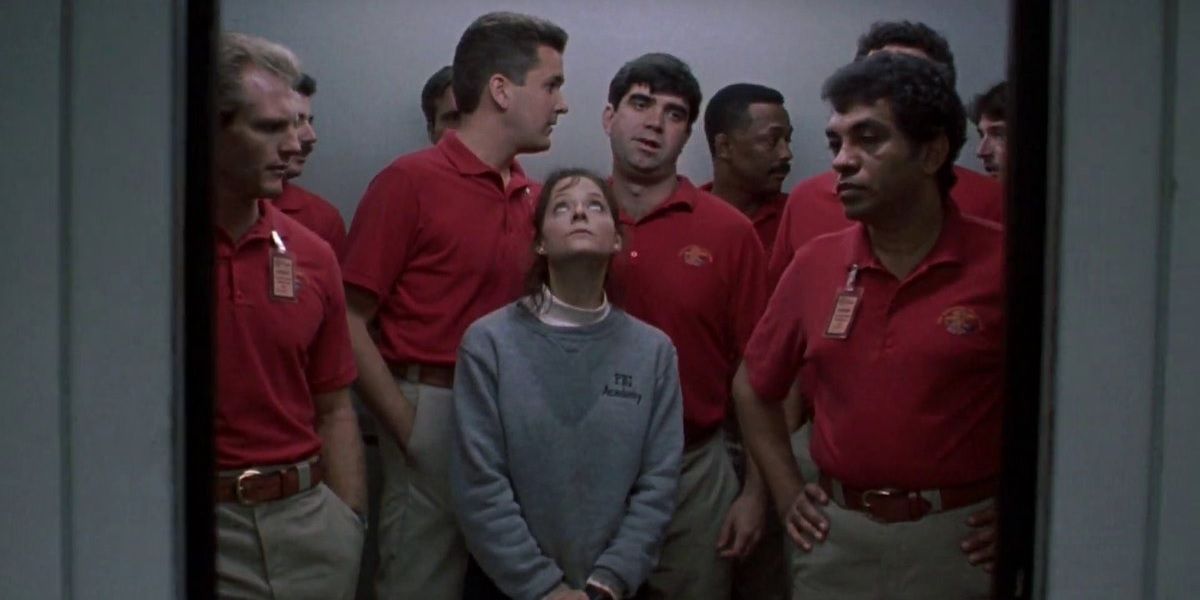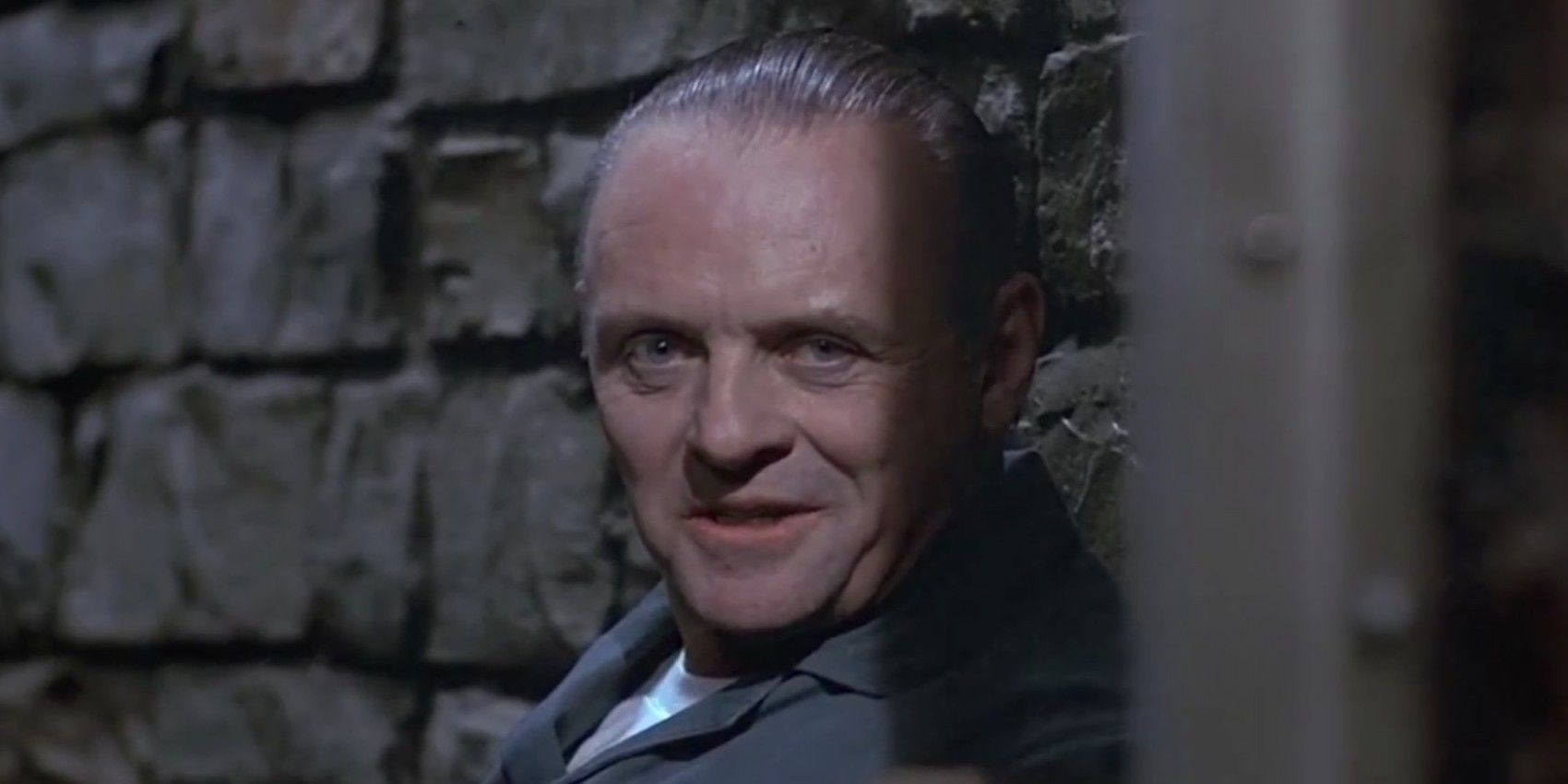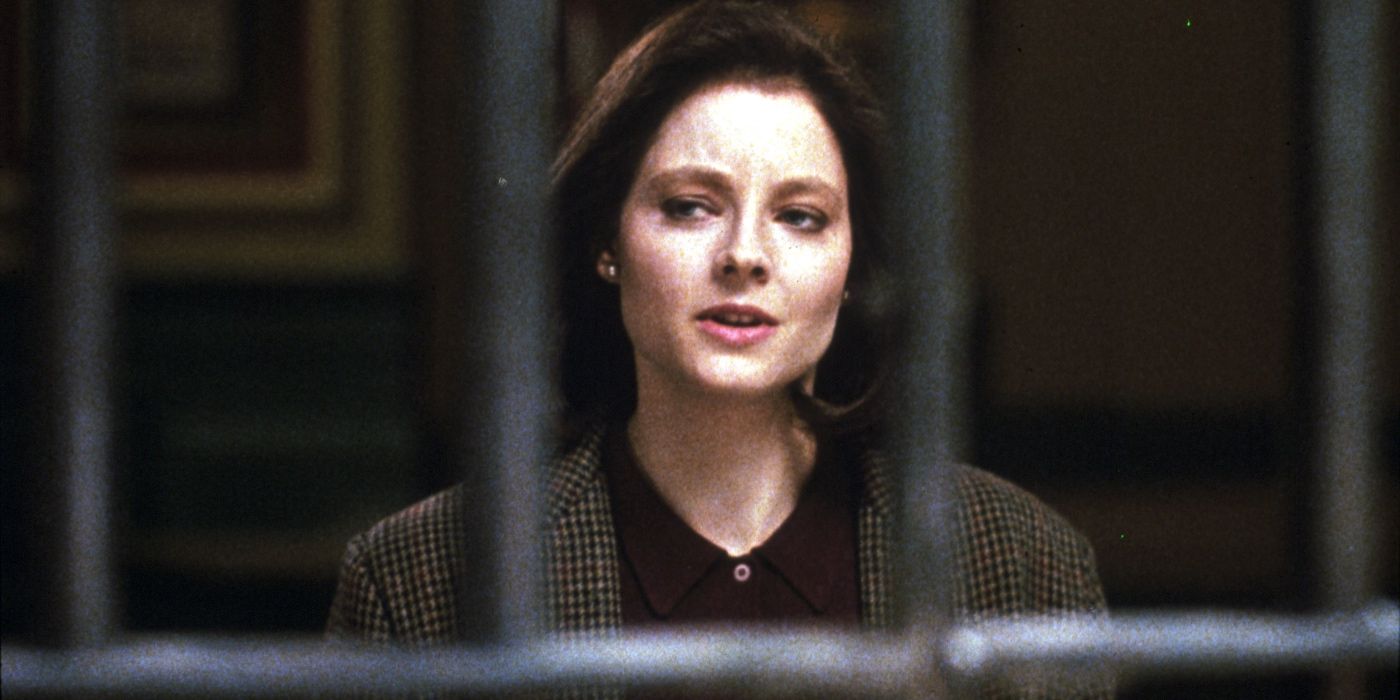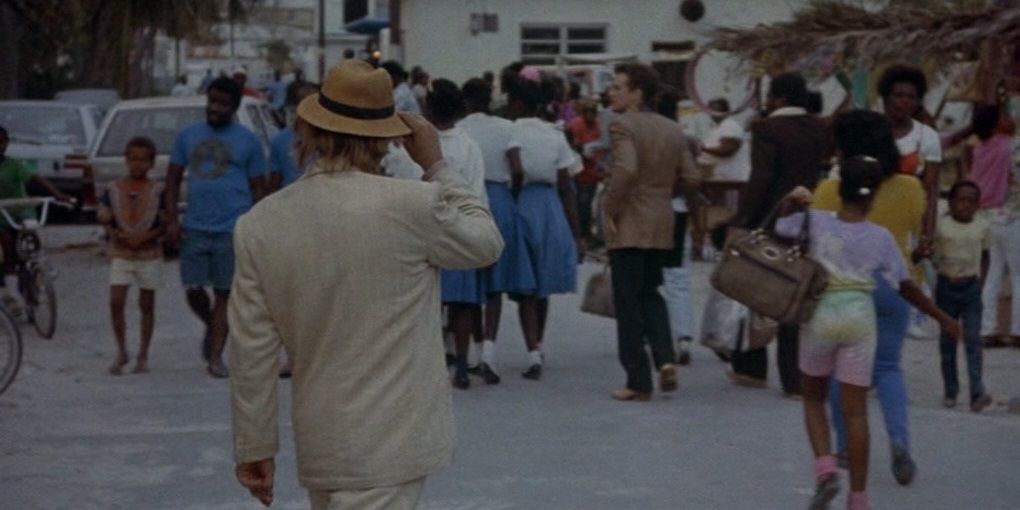According to narrative theory guru Robert McKee, a story’s antagonist is just as important as its protagonist. The protagonist, or hero, is only as compelling as the forces of antagonism, or villain, they’re up against. Villains create conflict, the foundation of all storytelling. The greater the villain, the greater the conflict. Jonathan Demme’s seminal crime thriller The Silence of the Lambs does this spectacularly.
The plot revolves around an FBI agent hunting a serial killer, but the film’s real villain is a different serial killer altogether. Clarice Starling is the ultimate protagonist and Dr. Hannibal Lecter is the ultimate antagonist. The way the two characters affect each other’s lives, and the way that impacts the story, make for some of the best character work in cinema history.
Clarice: She’s Easy To Root For
Sometimes, an audience roots for a protagonist simply because they’re supposed to. No one really cares about the Jurassic World franchise’s Owen Grady; they just follow him from scene to scene and enjoy Chris Pratt’s schtick.
But Clarice Starling is a character who viewers genuinely roots for. When she’s trapped in Bill’s house, the audience is glued to the edge of their seats, desperate to see her make it out alive.
Hannibal: Anthony Hopkins Does A Lot With Relatively Little Screen Time
The old adage goes that there are no small parts, only small actors. And while that might not apply to a kid cast as a tree in a school play, there is some truth to it. It’s not about how many scenes a character is in or how many lines they have; it’s about what the actor does with that material.
In The Silence of the Lambs, Anthony Hopkins gives an unforgettable performance as Hannibal Lecter (one that won him an Academy Award for Best Actor) with just 16 minutes of screentime.
Clarice: Jodie Foster Gives Her All-Time Greatest Performance In The Role
Jodie Foster is a terrific actor with many brilliant performances under her belt, but the best work of her entire career is her Oscar-winning turn as Clarice in The Silence of the Lambs.
She gives Clarice a strong will we can all aspire to, but also a relatable vulnerability. Clarice isn’t perfect, but she is good at heart and ultimately, she’s human.
Hannibal: He Exposes Clarice’s Weaknesses
Any great villain exposes the weaknesses of the hero. Killmonger exposes T’Challa’s shortcomings as a king in Black Panther; the Joker exposes the pitfalls of Batman’s moral code in The Dark Knight; and Frank Booth exposes Jeffrey’s own dark side in Blue Velvet.
In The Silence of the Lambs, Hannibal brings out Clarice’s weaknesses by interrogating her during their meetings, revealing her worst fears and how they might affect her ability to do her job as an FBI agent.
Clarice: Being Challenged By Hannibal Forces Her To Grow
After Hannibal has exposed Clarice’s weaknesses and challenged her own perception of herself, she’s forced to grow. If she hadn’t locked horns with Hannibal, Clarice might not have been able to find Bill, or survive the ensuing chilling confrontation.
Great villains impact the development of the protagonist in both positive and negative ways. The positive impact is often caused through negative means, and that’s what happens here in Ted Tally’s beautifully crafted screenplay.
Hannibal: He Gets In Clarice’s Head
Hannibal Lecter is a serial killer who ate a bunch of people, but that’s not his defining characteristic; his defining characteristic is that he’s a psychiatrist, and a brilliant one at that.
Throughout the movie, Hannibal gets inside Clarice’s head. She approaches his cell with a clear line of questioning, but he turns the tables on her every time.
Clarice: She’s An Outsider Trying To Fit In
The study of gender roles in The Silence of the Lambs is really profound. Its depiction of a woman entering a male-dominated profession and struggling to climb the ladder was eye-opening to contemporary audiences and remains relevant today.
Clarice is often framed surrounded by much taller men. Thematically, she’s a woman in a man’s world, which is universally identifiable. More broadly, she’s an outsider trying to fit in, which is universally relatable.
Hannibal: He Has A Calm Demeanor
Hannibal Lecter isn’t a theatrical, mustache-twirling villain who constantly talks about how evil he is, announcing his dastardly plan in a ridiculous monologue.
He’s the total opposite. He has a calm, collected demeanor and rarely loses his temper. Hannibal chooses his words carefully, which only makes him more terrifying.
Clarice: She Has A Tragic Past
Like many great protagonists, Clarice has a tragic past. Her father was a town marshal who was shot dead responding to a robbery when she was 10 years old. Then she was sent to live with her uncle on a farm, but was sent to an orphanage when she was horrified by the slaughter of her uncle’s lambs and tried to rescue one of them.
She ended up in law enforcement, like her father, and wants to fight crime for all the right reasons. Clarice’s past shapes her present in a truly compelling way.
Hannibal: He Gets Away At The End
The expectation with every movie villain is that the hero is going to defeat them at the end. Done right, a movie that subverts this expectation, from Se7en to Avengers: Infinity War, and it can make a huge impact.
While Buffalo Bill faces the reckoning he deserved at the end of The Silence of the Lambs, Dr. Lecter is never caught after escaping from captivity. As the movie ends, he casually follows “an old friend” that he’s going to eat. It’s a haunting note to end the movie on and reinforces the alarming notion that Lecter is always one step ahead of everybody else.

